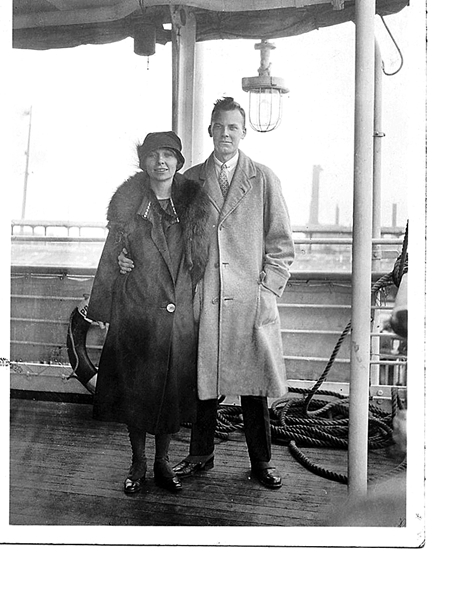

Transformation
According to Terrill B. Lautz, who studied the transformation of the protestant mission to China, the missionaries eventually became internationalists in reverse within Canadian society. They transitioned into international citizens along their journey, who became advocates of global interdependence encouraging Canadians to accept the fact that "we are living in a great bundle of nationhood nowadays", and the missionary's global humanitarian vision influenced their bicultural children for generations.
Paul M. Evans, a professor at the University of British Columbia, also found that the former China-based missionaries became "persuasive champions guiding the process of engagement with China, which was in sharp contrast to the American policy of isolation and containment" during the Cold War.
Canada normalized relations with the People's Republic of China in October 1970, and it was prime minister Pierre Elliott Trudeau's belief that China would become "one of the two or three most influential countries in the world". "For that reason, it must not be allowed to assume that it is without friends," Paul Evans wrote in his book Engaging China.
Charles Service had expressed a similar sentiment 50 years earlier than Trudeau. He concluded that "there is no doubt" that the Chinese "possess an array of qualities which will someday place them in the forefront of nations" in an article in The Globe in 1920.
According to a book entitled Canadian School in West China, the bilateral negotiations between Canada and China were held in Stockholm over a 20-month period from 1968 to 1970, and the chief Canadian negotiator was an old China hand from the West China Mission, Robert Edmunds.
After the establishment of diplomatic relations in 1970, Ralph Edgar Collins, John C. Small and Arthur Menzies, all born in China to missionary parents, were appointed as the first three Canadian ambassadors to China during the period from 1971 to 1980.